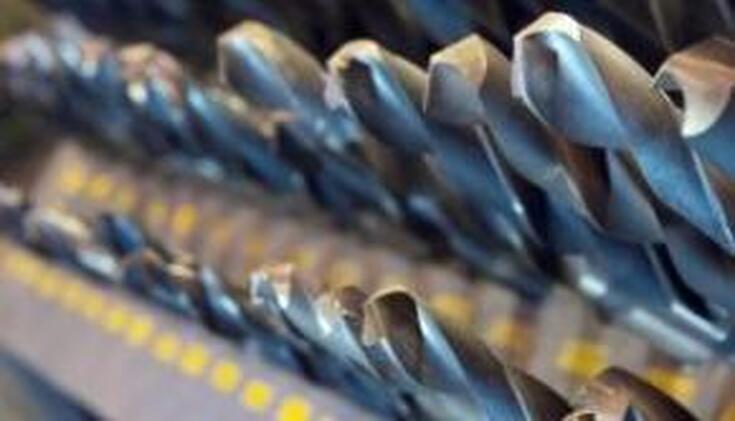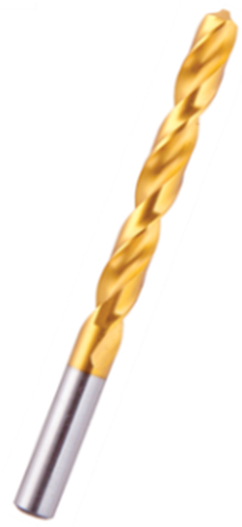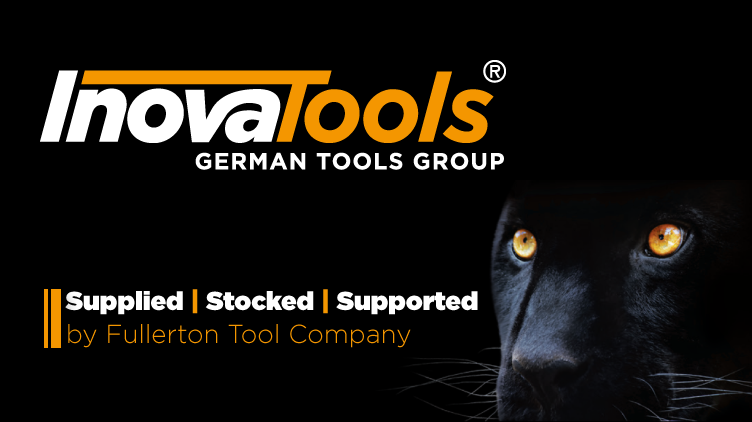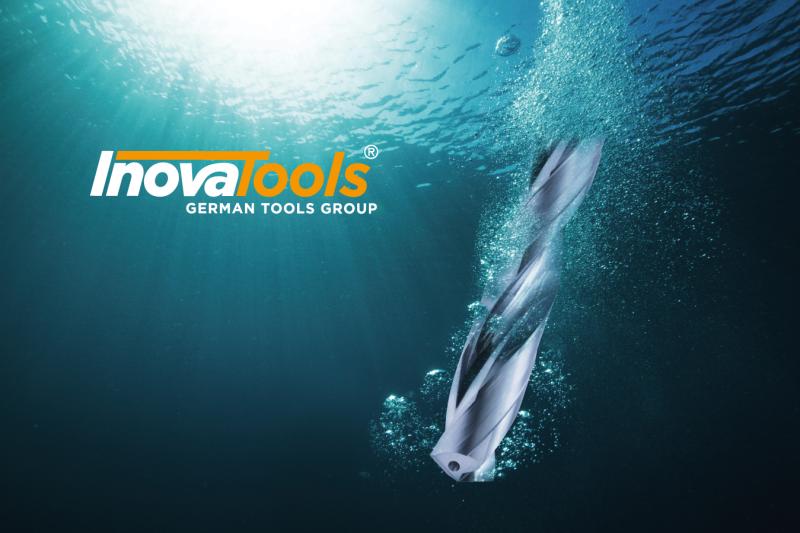Properties of Ferrous and Non-Ferrous Metals
Ferrous metals, of course, are those that contain iron. These include stainless, carbon, and alloy steel, and cast and wrought iron. Ferrous metals generally possess more tensile strength than their non-iron-based counterparts. That makes them ideal for use in building materials, structural and ornamental designs, and heavy industrial products such as shipping containers, tools, and appliances. Tool manufacturers must consider hardness and strength when designing and engineering drills made for cutting ferrous metals.
Non-ferrous Metals
Non-ferrous metals - especially copper, lead, zinc, and tin also occupy important niches in the construction and manufacturing industries. Because they contain no iron, these metals are valued for their use in applications where they come into contact with moisture that would rust ferrous metals. They also are malleable, ductile, and easily manipulated into various shapes for components, housings, etc. They are non-magnetic, making them quite useful in electronic components.
Hardness is the primary consideration when choosing a drill to cut metal.
Drills incorporate various design elements in order to cope with these different challenges
Points and Angles
Standard points can be used for most “softer” steels and non-ferrous metals. Standard 135-degree split-point drills can cut these materials, as well as harder steel alloys. In these harder materials, the split-point offers the advantage of working at lower feed pressure and centering of the hole with minimal walking. Learn more about how to find the right drill point angle for your application
Flutes
- To remove material sheared by the cutting edge from the inside of holes.
- To allow coolant or oil to reach the cutting surface to cool the cutting edge.
Alloying HSS with 5 to 8% cobalt adds “red” hardness which allows the tool to maintain the sharp cutting edge longer and allows for slightly faster speeds, making these drills suitable for working in heat-treated steel, cast iron, and even some titanium alloys.
For exponential increases in speed and wear resistance, nothing beats using a carbide tool. It withstands extremely high temperatures, resists wear, and maintains rigidity better that HSS. It costs much more, but is the only long term, high volume option when the work piece is stainless steel or alloyed steel. Carbide-tipped HSS saves some costs and is a viable option for nonferrous metals such as copper, bronze, and other materials that are highly abrasive.
Drills made of cobalt-alloy High Speed Steel (HSS-E) or even drill bits with a thin film coating are needed for stainless steel. These are more expensive than normal HSS drill bits, but they enable drilling in special steel without a high level of drill bit wear.
Thin film coated drill bits are high-speed steel drill bits (HSS) that have any of a variety of coating blends typically with a titanium base. TiN (Titanium Nitride), TiALN (Titanium Aluminum Nitride) and TiCN (Titanium Carbonitride) are examples of thin film coaing typically used on drill bits. They are very hard, and corrosion-resistant and reduce the co-efficient of friction allowing for better lubrication of the tool. They last much longer than regular HSS drill bits, and they are good for cutting through any metal, including metal sheeting.
Thin film coated drill bits have a surface that is harder than cobalt. However, because they are coated, they lose the coating protection at the cutting edge when they are re-sharpened and subsequent tool life will be reduced. Uncoated drill bits are made of cobalt or HSS steel, and they can be sharpened without any loss in performance or tool life.
| The type of metal being drilled determines width, and shape of flutes. Harder ferrous materials can be cut only by stronger, harder bits operating at a slower feed rate when compared to non-ferrous materials. Drills designed for harder materials tend to have a flutes with slower spiral as the chip material may not be very flexible. The slower spiral adds rigidity to the tool and additionally results in a lower rake angle at the cutting edge, providing edge strength while cutting these tougher materials. As a result, steel and iron chips are smaller and can be evacuated easily, using narrower flutes. Softer, nonferrous metal can be drilled at faster speeds, as there is little danger of breaking the bit. The material comes off in ribbons and strings rather than chips. This necessitates wider flutes designed with a higher spiral angle to prevent clogging and create a “pulling” action on the non-ferrous chips. The higher spiral creates a higher rake angle at the cutting edge allowing the softer non-ferrous material to be sheared from the workpiece. |





 RSS Feed
RSS Feed